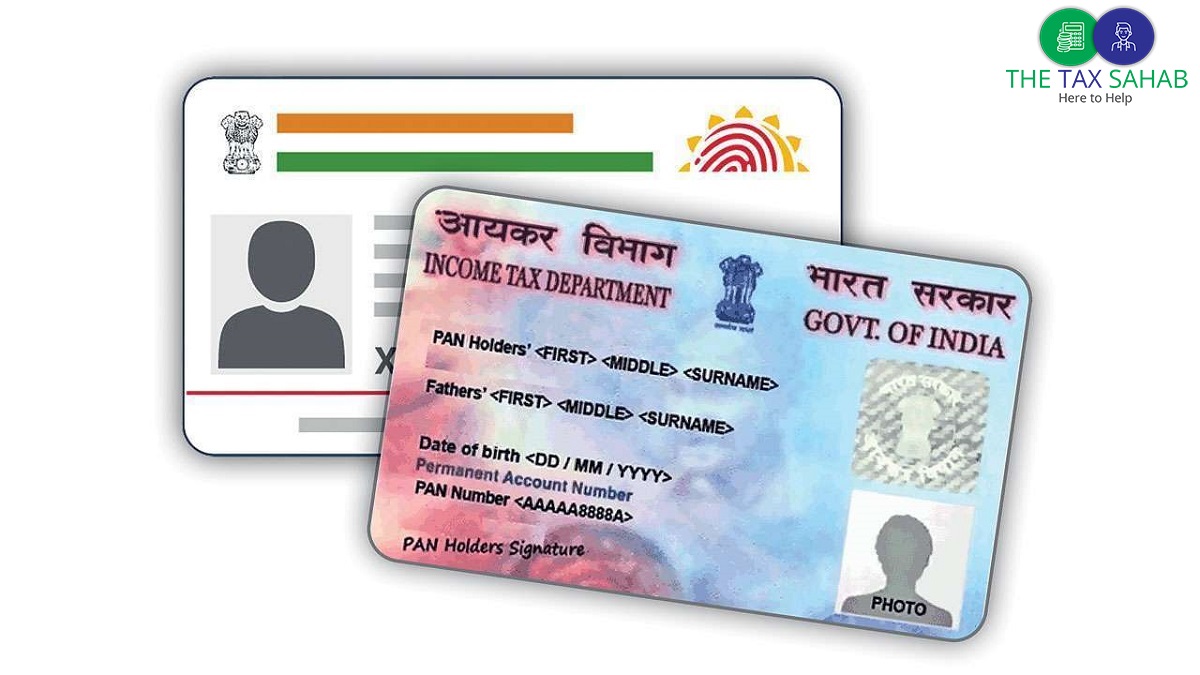We will walk you through the step-by-step process of proprietorship firm registration in India, from eligibility criteria to necessary documents and even taxation and compliance requirements. In India, a proprietorship firm refers to a business entity that is solely owned, operated, and controlled by one individual. This type of organization is not heavily regulated by laws, making it the most straightforward way to start a business in India.
Introduction to Proprietorship Firm Registration
A business structure called a sole proprietorship, or a proprietorship firm, is one where the business is owned and operated by an individual. In this type of structure, the legal terms do not differentiate between the owner and the business entity. Register proprietorship firm is not mandatory in India, but it is a good idea to do so in order to ensure legal compliance, access banking, and financial services, and take advantage of certain tax benefits.
Advantages of Registering a Proprietorship Firm
Registering a proprietorship firm in India offers various benefits. The process is straightforward and economical, with minimal legal procedures. As the exclusive owner of the enterprise, you possess complete authority and autonomy in making decisions.
Moreover, proprietorship firms are eligible for certain tax advantages, including deductions for business-related expenses. Finally, registering your firm can help you build credibility with customers and suppliers, as it demonstrates that you are a serious and legitimate business entity.
Eligibility Criteria for Proprietorship Firm Registration
In order to register a proprietorship firm in India, you must meet certain eligibility criteria. You must be a resident of India and over the age of 18, you must have a PAN card. And, you must have a business idea or concept, as well as a suitable name for your firm.
Documents Required for Proprietorship Firm Registration
The documents required for sole proprietorship company registration in India are relatively straightforward. You will need:
- A PAN card in your name
- Your Aadhaar card or other valid ID proof
- Address proof for your business location (such as a rent agreement or utility bill)
- A canceled cheque or bank statement in the name of your business

Step-by-Step Process for Registering a Proprietorship Firm
Having fulfilled all the requirements and acquired all the essential paperwork, it is time to begin the sole proprietorship firm registration process. Here is a step-by-step guide:
Step 1: Choosing a Suitable Name for Your Proprietorship Firm
The first step in the proprietorship firm registration process is choosing a suitable name. Your business name must be unique, simple to recall, and represent your enterprise’s essence. It is important to verify that the name has not already been claimed by any other firm or patented. You can do this by searching the Ministry of Corporate Affairs website or consulting a professional firm registration service.
Step 2: Obtaining a PAN Card and Opening a Bank Account for Your Firm
The next step is to obtain a PAN card in your name if you do not already have one. Once you have your PAN card, you can open a bank account in the name of your business. You will need to provide the necessary documents, including your PAN card, address proof, and canceled cheque or bank statement.
Step 3: Registering for GST and Other Necessary Licenses
If your business is eligible for GST registration (i.e. if your annual turnover exceeds Rs. 20 lakhs), you will need to register for a GST identification number. This can be done online through the GST portal. Additionally, you may need to obtain other necessary licenses or registrations for your specific business, such as a Shop and Establishment Act registration or a Professional Tax registration.
Step 4: Registration for MSME
It’s not compulsory, but if you choose to, you can enroll your company as an SME or MSME according to the Micro, Small, and Large Enterprises Development Act of 2006. MSME or SME registration could grant you access to government initiatives beneficial for small and micro enterprises.

Step 5: Taxation and Compliance Requirements for Proprietorship Firms
As a registered proprietorship firm, you will be responsible for complying with all relevant tax and legal requirements. This includes filing your income tax returns annually, maintaining proper accounting and bookkeeping records, and adhering to any industry-specific regulations or laws. To ensure that all the required compliance requirements are being met, it is necessary to seek advice from a professional accountant or lawyer.
Common Mistakes to Avoid During the Registration Process
While registering a proprietorship firm in India is a relatively straightforward process, there are some common mistakes that you should avoid, Make sure that you have all the necessary documents and registrations in order before beginning the registration process, Make sure that your company name is distinct and does not breach any pre-existing copyrights. Make sure you adhere to all essential legal and tax obligations to prevent any fines or legal complications in the future.
Conclusion:
Sole proprietorship firm registration in India can be a great way to start your own business and take advantage of certain tax benefits. With the help of the comprehensive instructions provided in this article, you can ensure a hassle-free and smooth registration process. Remember to consult with professionals, gather all necessary documents, and comply with all legal and taxation requirements.
If you need assistance with registering your proprietorship firm in India, contact our professional registration services today to get started!





